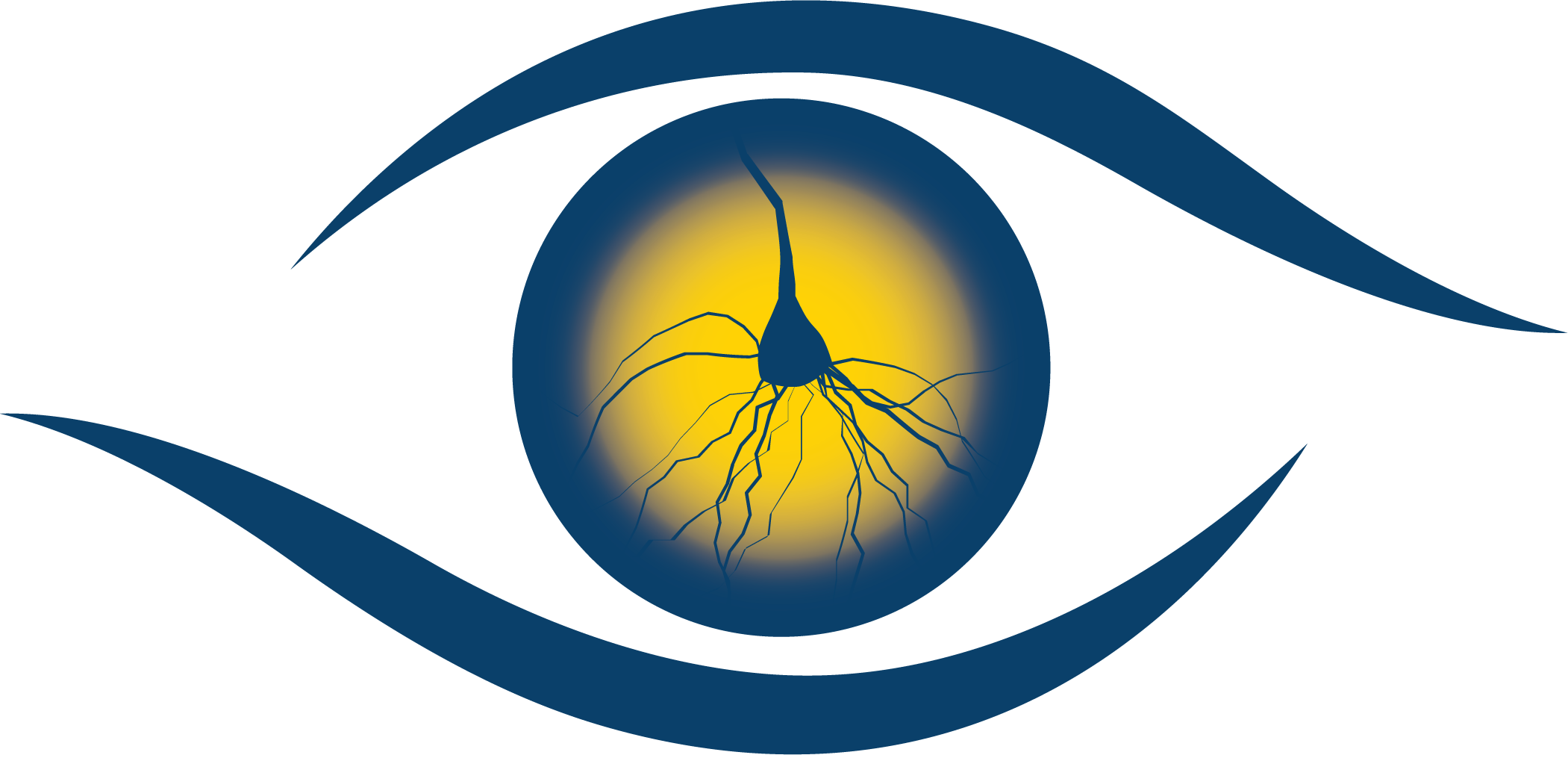Upcoming Events
May 1, 2024
12:00 p.m., Kresge Room, 269 Meliora Hall
BCS Lunch Talk: Yelin Dong, BCS Graduate Student (Advisor: Greg DeAngelis)
There will also be a talk from another BCS graduate student, Oviya Mohan.
Behavioral and neural correlates of causal inference in motion perception
Retinal image motion arises from the combined e"ects of self-motion and object movement, posing a challenge for the visual system to infer causal relationships. When the retinal image motion of an object di"ers su#ciently from the optic flow produced by self-motion, the brain subtracts the optic flow vector to estimate object motion relative to the world. This process, called flow parsing (Warren & Rushton, 2009), produces repulsive perceptual biases that have been demonstrated in macaques (Peltier et al. 2020). However, sensory observations are noisy, and there is a slow-speed prior for object motion. Thus, when object motion on the retina is similar to local optic flow produced by self-motion, the observer might infer that the object is stationary in the world and its image motion is caused by self-motion. In this case, motion integration is expected to bias perceived object motion toward the optic flow, leading to an attractive perceptual bias. To test this prediction and identify neural correlates in the visual cortex, we trained a monkey in a motion discrimination task and recorded neural activity from area MT. The task involved discriminating the leftward or rightward motion of a patch of random dots relative to a reference direction. Optic flow simulated three self-motion conditions in which the optic flow vector at the object's location was either leftward, rightward, or neutral with respect to the task reference. As expected for motion integration, the monkey's choices exhibited attractive biases induced by optic flow in the leftward and rightward flow conditions, with larger shifts in psychometric curves compared to the neutral condition. These attractive biases depend systematically on the optic flow angle relative to the object, as well as eccentricity. We recorded population responses in area MT using 32-channel linear arrays. Analyses reveal that some MT neurons exhibit response modulations that depend on optic flow conditions. Furthermore, applying a population decoder to simultaneously recorded neurons (single-session decoding) reveals attractive shifts in predicted psychometric curves in the same direction as, but substantially weaker than, behavioral biases. These findings establish a shift in perceptual biases from repulsive (i.e., flow parsing) to attractive (i.e., motion integration) as the image motion of an object becomes more similar to background optic flow resulting from self-motion. This suggests a causal inference process underlying motion perception in macaques. Moreover, our preliminary neural recordings suggest that activity in area MT may at least partially reflect these causal inference computations.
May 2, 2024
4:00 p.m., URMC 1–7619, Adolph Auditorium
Doty Lecture: Anna Christina Nobre, Yale Univiversity
Title TBA
July 11-12, 2024
Consortium for Vision and Oculomics in Psychiatry
We are excited to announce that the first annual meeting of the Consortium for Vision and Oculomics in Psychiatry (CVOP) will be held in Rochester, NY on Thursday, July 11 and Friday, July 12, 2024.
The online submission portal is now open. Proposals for presentation at the meeting will be accepted via the submission portal through February 28th, 2024 at 5:00pm Mountain Time (MT). Access the submission portal online. Submissions must come from CVOP members. All members (Full, Associate, Student) are encouraged to submit. Membership is free, and you can submit an application online.
Download the Call for Abstracts. Please review carefully for detailed information on submission types, formats, and guidelines.
Additional information about conference registration is coming soon and will be posted to the CVOP website and announced on the listserv.
For questions not addressed in the Call for Abstracts or in the information above, you may contact Steve Silverstein at .
Please feel free to share this announcement with your labs and colleagues—we hope to see you there!
Sincerely,
2024 Program Committee, Steven Silverstein (Chair), Sonia Bansal, Deepthi Bannai, Paulo Lizano, Michel Maziade, Robert Reinhart, Katy Thakkar, Bilge Turkozer, Siegfried Wagner



